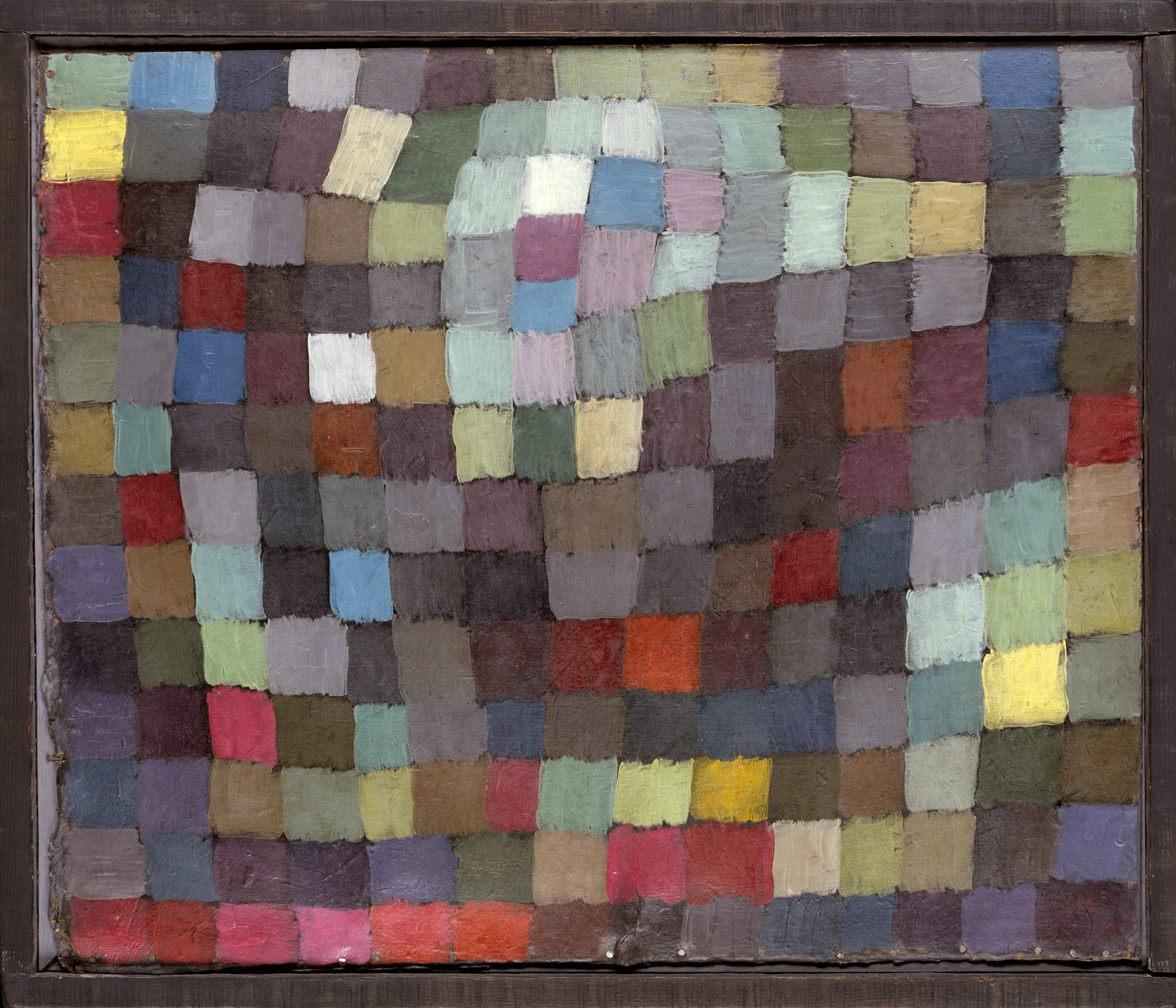Last week, I suggested that Rousseau’s reader is in a position to understand the workings of his desire in a way that the other people within his narrative cannot. This week, I want to continue thinking about the relation between the empirically verifiable aspects of the autobiography (what the text says) and its performative discourse of “inner truth” (what the text does). I will look at a paragraph in Book six where Rousseau throws a stone at a tree to determine the state of his soul (231). If Rousseau’s desire serves to explain his outer behavior in the scene where he spills water on Mlle de Bruil, the real existence of a knowable or possessable inner state is drawn into question in the passage where he playfully invents a test to determine the state of his soul.
I’m interested in thinking about Rousseau’s “ludicrous expedient” as a synecdoche for the writing of the Confessions. Broadly, both actions relate back to Rousseau’s dispositional need to concretize (expose, reveal) what is abstract or ineffable. Learning “algebra, considered as an abstract subject,” Rousseau needs to see the “operation in graphic form” (227). His need to render the state of his soul perceptible to himself and others motivates the writing of the Confessions, which Rousseau presents as a textual body to others to read and judge. Like the discourse of inner truth, the stone throw demonstrates, or reveals, of the true state of Rousseau’s soul. I should note, however, that the stone toss is structured differently with respect to audience. While the language of inner truth that frames The Confessions (Rousseau’s claim to “have bared [his] secret soul”) needs to be authenticated by a reading public, the quasi-superstitious utterance that sets the terms of Rousseau’s performance in the stone-toss episode needs only to be authenticated by himself. Rousseau’s throw will save his soul if he retains faith in the power of his own words to do what he says they’ll do. Rousseau says, “I am going to throw this stone…at the tree facing me. If I hit it, it is a sign that I am saved; if I miss it I am damned.”
Rousseau wants us to see that he is aware of the silliness of his behavior, but he also wants us to understand why he felt the need to link the throw up with the state of his soul. While Rousseau invites us to recognize the senselessness of his performance here (“I should not hesitate, in fact, to have a man shut up in a madhouse if I saw him acting as I did”), he also asks us not to insult his “misery.” If Rousseau’s claim that he “never again doubted [his] salvation” suggests that the expedient worked, his present tense command, “do not insult my misery, for I feel it most deeply” affirms that his preoccupation about his state is ongoing. Rousseau retains a need to be understood and his reader’s understanding of his “secret soul” (in torment, in embarrassment or in some other state) in The Confessions depends upon his possessing an understanding of it himself, a knowledge about which this episode is concerned. What, I wonder, makes the memory of this particular attempt to wrest certainty from doubt the source of such sadness (it could make him weep)?
The answer, I suspect, has to do with Rousseau’s sense of the uncertain epistemological status of the guilt that precipitates the “childish notions” and the way in which such doubts place a limit on self-possession and self-knowledge. Before Rousseau resolves to throw the stone, he asks himself “In what state am I?…If I were to die at this moment, should I be damned?” This question surfaces from nowhere and are in direct contradiction with what he has claimed to feel about his soul in this stage in his life. The origins of the question and the fear that it summons cannot be explained. Rousseau writes, “In the midst of my studies and of a life as innocent as any man could lead, I was still frequently disturbed by the fear of Hell….According to my Jansenists the matter [of my redemption] was past all doubt; but according to my conscience it seemed quite otherwise.” Rousseau ascribes meaning to something that he can control—a toss about which he takes “care to choose a very large tree very near” to him—in response to a question (“In what state am I?”) that cannot finally be answered but that he cannot help but ask. But the intentional act does not, as we have seen, resolve the questions that arise unintentionally. If the idea that something so easy as a stone’s toss could suffice to save one’s soul can be laughed at as a ridiculous fiction, the idea that the soul that one could say is saved or damned is itself a phantasm is not so funny.
Control here has to do with knowing and mastery. De Man writes, “any speech act produces an excess of cognition but it can never hope to know the process of its own production (the only thing worth knowing).” Analyzing the logic of the predictive utterance “If I hit it, it is a sign that I am saved,” Rousseau can understand the expediency of the sign. But he cannot understand the desire for self-knowledge that generates the whole performance (his fears are contradictory here) and he presumably weeps at the radically ungrounded quality of the sense of self that produces and is produced by the demonstration. The “misery” in this passage is in the uncertain epistemic status of a fear that will not go away. The recurrent question “should I be damned” exists in a tenuous and ultimately unstable relationship to those aspects of Rousseau’s life that he can verify and explain; it is an utterance about which De Man’s characterization of language as a non-intentional machine makes sense.


